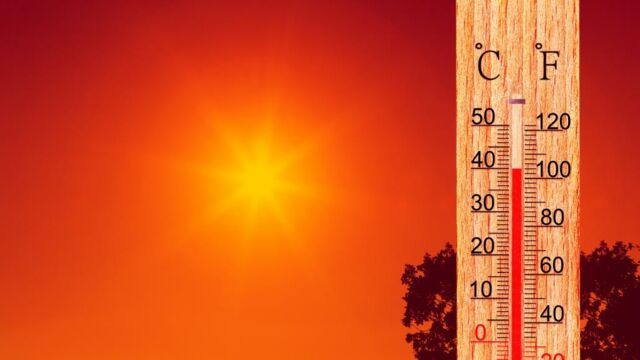In Portland (Oregon) and Seattle (Washington), known for their usually temperate and humid climate, the temperature reached never before seen levels since records began in 1940.
Discover our latest podcast
It was 46.1 degrees Celsius at Portland airport on Monday and 41.6 degrees Celsius at Seattle airport, according to the US Weather Service (NWS). Globally, the ending of the decade in 2019 was the warmest on record, and the five warmest years have been in the last five years.
A scorching carnage
The Royal Canadian Mounted Police (RCMP, federal police) and Vancouver police have announced that at least 134 people have died suddenly since Friday in the region of Canada's Pacific coast metropolis. Vancouver police spokesman Steve Addison declared in a statement:
Vancouver has never experienced such heat and, unfortunately, dozens of people have died as a result.
The province's medical examiner's office said they had 'seen a significant increase in reported deaths' since last weekend 'where extreme heat played a role.'
The medical services received 233 reports of deaths in the province between Friday and Monday, compared with an average of about 130 for the same period in normal times, they said in a statement.
'We believe the heat contributed to the majority of the deaths,' the federal police said, adding that most of the victims were elderly. British Columbia Premier John Horgan told a news conference:
This is the hottest week British Columbians have ever experienced.
The thermometer easily broke the 30-degree mark again on Tuesday in Vancouver, well above the normal 21-degree mark for the season, while inland, the temperature was unbearable.
For the third day in a row, the village of Lytton, some 250 km northeast of Vancouver, set a new all-time heat record for Canada at 49.5 degrees, according to the Canadian weather service.
The thermometer also reached 42 degrees in the ski resort of Whistler, north of Vancouver, according to the service.
An astonished and heat-dazed reaction
People from Vancouver have reported they'd never experienced such temperatures. One woman, Rosa, declared:
It's never this violent. I've never seen anything like it. I hope it'll never happen again. It's too much.
Others, like Graham Griedger, expressed regrets that some residents are far more affected than others.
I empathise with the older people, and those living in eastern Vancouver without a cool place to live and sleep.
The Canadian ministry of the Environment issued a warning on its weather website.
The length of this heat wave is worrying, as there is little respite during the night [...]. This record-breaking heat wave will raise the number of heat-related illnesses.
In addition to British Columbia, heatwave warnings have also been issued for the easternmost provinces of Alberta, Saskatchewan and Manitoba, as well as parts of the Yukon and Northwest territories in northern Canada.
In the region, air conditioners and fans are facing severe supply issues. Cities have opened cooling centres. Vaccination campaigns against COVID-19 have been halted, and schools have been closed.
The heat wave, which has caused several forest fires on both sides of the Canada-US border, is due to a phenomenon known as a 'heat dome,' wherein high pressure jet streams trap a 'mountain' of warm air in the region.















